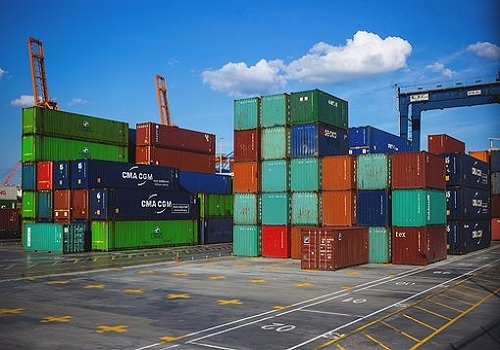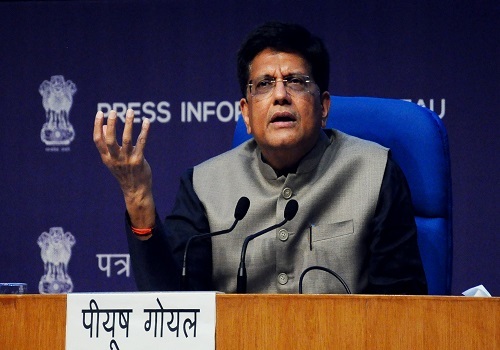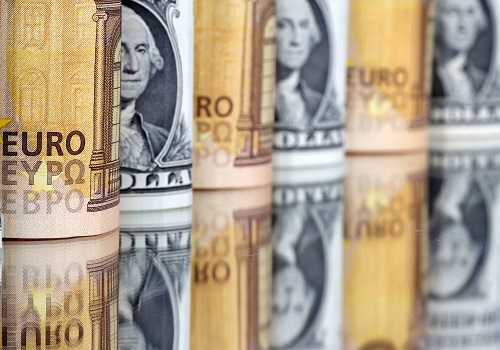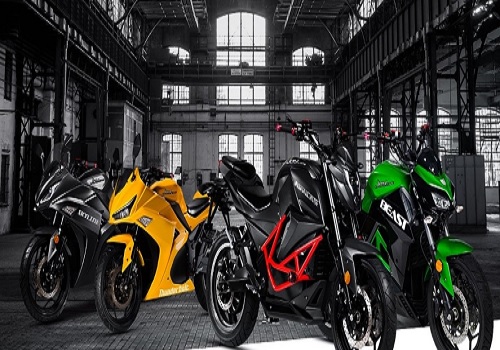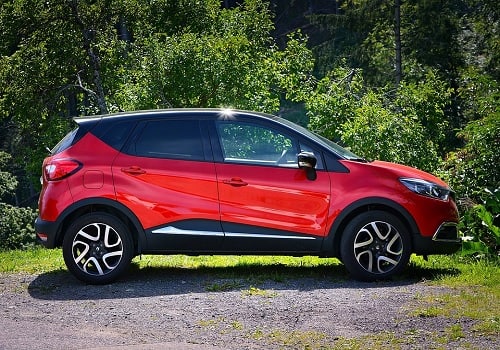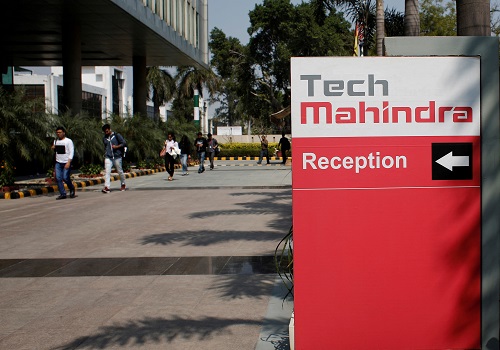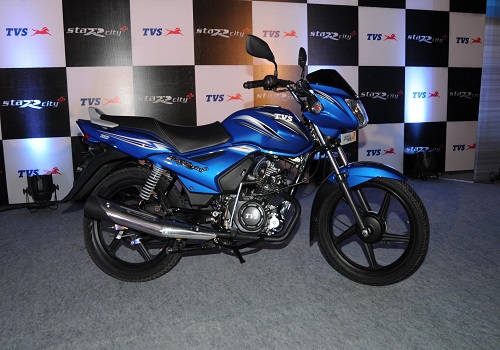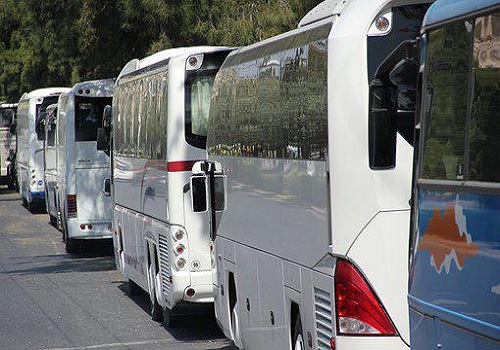Auto stocks trades with traction on the BSE
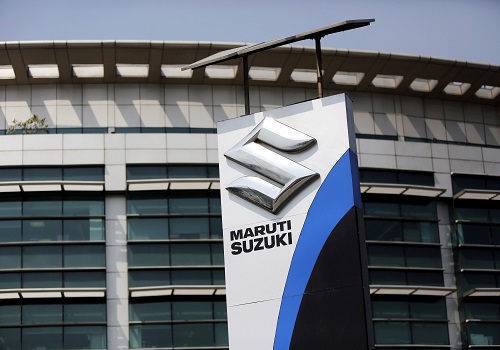
Follow us Now on Telegram ! Get daily 10 - 12 important updates on Business, Finance and Investment. Join our Telegram Channel
Maruti Suzuki India is currently trading at Rs. 8842.35, up by 88.20 points or 1.01% from its previous closing of Rs. 8754.15 on the BSE.
Tata Motors is currently trading at Rs. 439.20, up by 3.95 points or 0.91% from its previous closing of Rs. 435.25 on the BSE.
Mahindra & Mahindra is currently trading at Rs. 1371.50, up by 4.40 points or 0.32% from its previous closing of Rs. 1367.10 on the BSE.
Domestic rating agency ICRA in its latest report has said that CNG, Electric Vehicles (EVs) and hybrid vehicles may grab up to 30 per cent share in total auto sales in next five years even as petrol cars are likely to dominate passenger vehicle volumes in medium-term. It noted that demand for EVs has increased exponentially in the last two years with the government's push, increasing awareness, and new launches.
However, the report said the share of EVs in the overall passenger vehicle (PV) industry remains low, at 1 per cent currently. On the other hand, it said CNG vehicles have also gained prominence in recent years, aided by favourable running costs, improving penetration of CNG dispensing stations across the country, and enhanced product offerings by OEMs and added that lower emissions in CNG vehicles would also help OEMs (original equipment manufacturers) comply with the impending Corporate Average Fuel Economy (CAFE) norms.
Noting that a cohesive approach from all stakeholders is imperative to facilitate the E20 (petrol blended with 20 per cent ethanol) transition within the targeted timelines, the ratings agency said auto OEMs are, however, unlikely to face major challenges to comply with proposed ethanol blending norms. Ethanol blending would reduce vehicular emissions, strengthen energy security, help reduce oil imports and conserve forex reserves. It believes that the readiness of the auto industry and the OEMs to meet E20 blending norms is unlikely to be a major challenge. No major design changes are required from a vehicle standpoint except material recalibration, and the impact on the vehicle cost is expected to be less than 1 per cent in the case of passenger vehicles and about 2-3 per cent in the case of two-wheelers.













